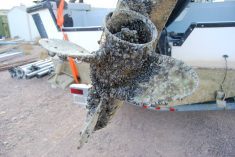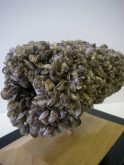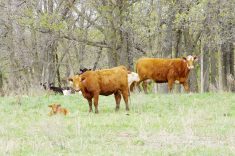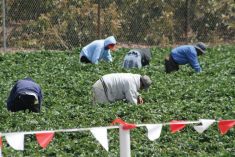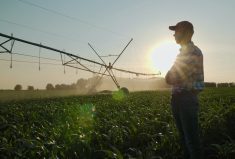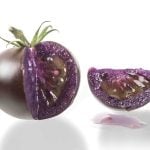The massive effort to keep quagga and zebra mussels out of Alberta’s waterways once again paid dividends.
“This year, inspectors surveyed 31,000 boats and found 11 carrying invasive mussels,” said Janine Higgins, an official with the Community Engagement Branch of Alberta Environment and Parks.
In 2017, 35,000 boats were inspected and 19 were found to be carrying mussels. Inspectors also monitored 95 water bodies across Alberta, looking for both mussels and another invasive species called spiny water fleas, as well as invasive plants. No mussels were found in water bodies in Alberta this year and tests for veligers (their microscopic larvae) were also negative.
Read Also
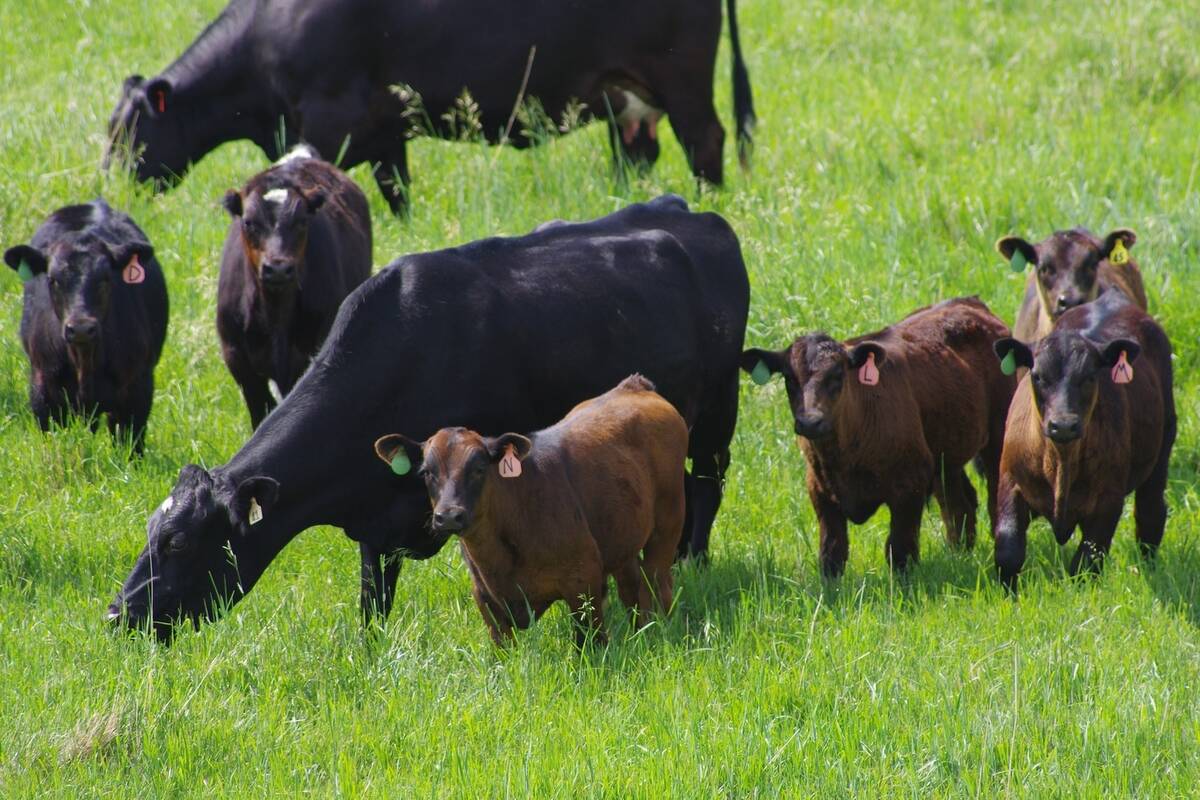
Grazing ‘sweet spot’ boosts pasture performance
Timing-focused approach to pasture management touted to boost forage growth, livestock gains while also cutting farmer labour and inputs
“It’s an effort between Alberta Environment and Parks, Alberta Agriculture and Forestry, the Alberta Lake Management Society and some additional contractors that we hire, that collect the samples for us,” said Higgins.
Zebra and quagga mussels were first found in the Great Lakes in the 1980s, with the former having reached Lake Winnipeg in Manitoba as well as Montana. They reproduce rapidly (researchers have found up to 100,000 mussels in a single square metre) and fasten on to any hard surface. That’s a major threat to Alberta’s irrigation infrastructure (8,000 kilometres of conveyance works and more than 50 reservoirs in southern Alberta) and would require a massive annual effort to unclog pipes and irrigation lines.
“We estimate that if we were to have an infestation, it would cost about $75 million annually,” said Higgins.
The mussels would also have a major impact on recreational users of lakes and reservoirs.
“They’ve been in Lake Winnipeg in certain areas for five years now, so they’re actually starting to die off,” she said. “Along the shorelines, all the shells are washing up. They’re decomposing, they smell really bad, and when you step on them, they can actually cut your feet.”
And there’s no doubt the invaders, originally from eastern Europe, would thrive here.
“Because a lot of our lakes actually have similar characteristics to Lake Winnipeg — they have enough calcium in them — so we know that mussels would be able to grow,” said Higgins.
While the mussels got into the Great Lakes via the ballast water from freighters, the main threat in Alberta is from recreational vessels coming into the province.
“They’re coming from a mix of places, but definitely a lot from Eastern Canada,” said Higgins.
Boat inspections are mandatory.
“What people need to know is that they will never get a ticket for having mussels on their boat, but they will get a ticket for skipping inspection,” said Higgins.
Boat owners are encouraged to ‘clean, drain, and dry’ their boats (both the motorized variety as well as kayaks and canoes).
“We encourage people to clean, drain and dry anything that contacts the water, which is great for zebra and quagga mussels, but also whirling disease or other things,” she said.
But don’t assume that’s enough, she added.
“For example, this year we had one case where somebody came from Gimli Harbour on Lake Winnipeg, and they had gone to a car wash and cleaned their boat and they felt they had cleaned all the mussels,” she said. “But when the inspectors were checking, they did find more mussels.
“The problem with that is that if they went to a car wash that wasn’t within the watershed, then the water you wash your car with could actually be going into a lake. That could be another mode of transportation.”
When people remove their docks at the end of the year, they should also check for mussels. They are also encouraged to use an app called EDDMapS to report that they looked for mussels on boats or dock infrastructure. Alberta Parks uploads this data into the site, so people can see if their lake has been monitored. People can also upload their own data.
While it appears the battle to keep out invasive mussels was successful this year, it will start again next spring.
“We are still finding boats that have mussels and we will probably continue to,” said Higgins.





